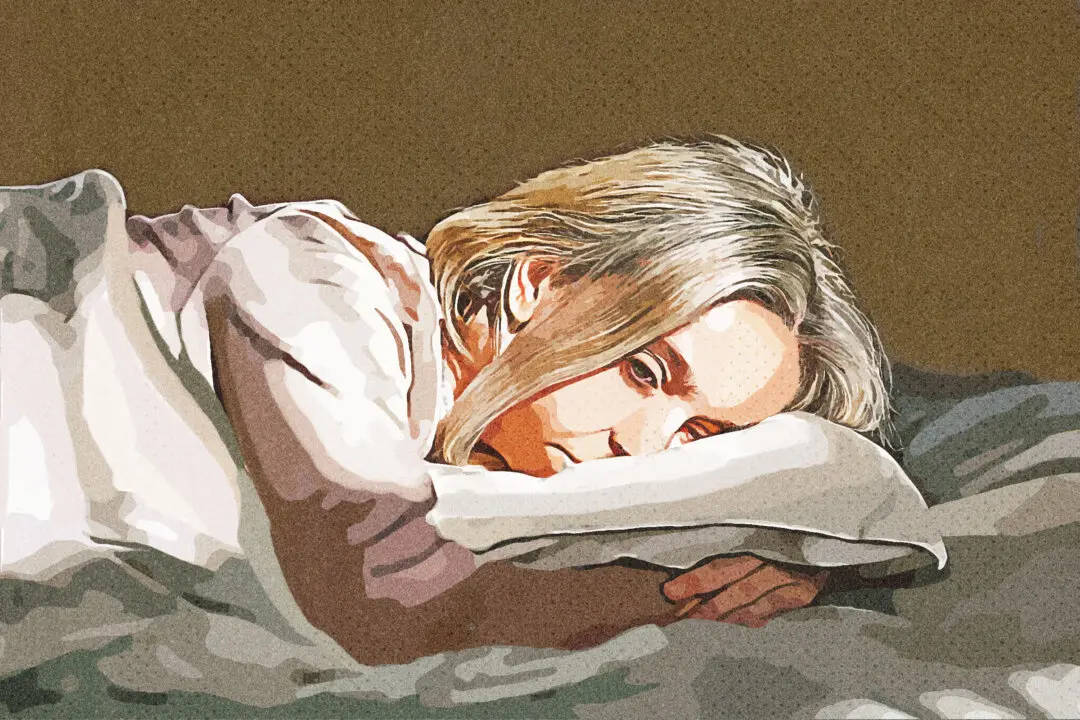Headaches may be an indicator of underlying health problems. Addressing the possible causes of headaches, rather than masking the symptoms of pain with painkillers that can result in other uncomfortable side effects, can provide more long-term positive results.
According to Western medicine, headaches can be divided into a variety of types that include migraine, tension-type, cluster, and medication over-use type, with the tension-type being the most common.






